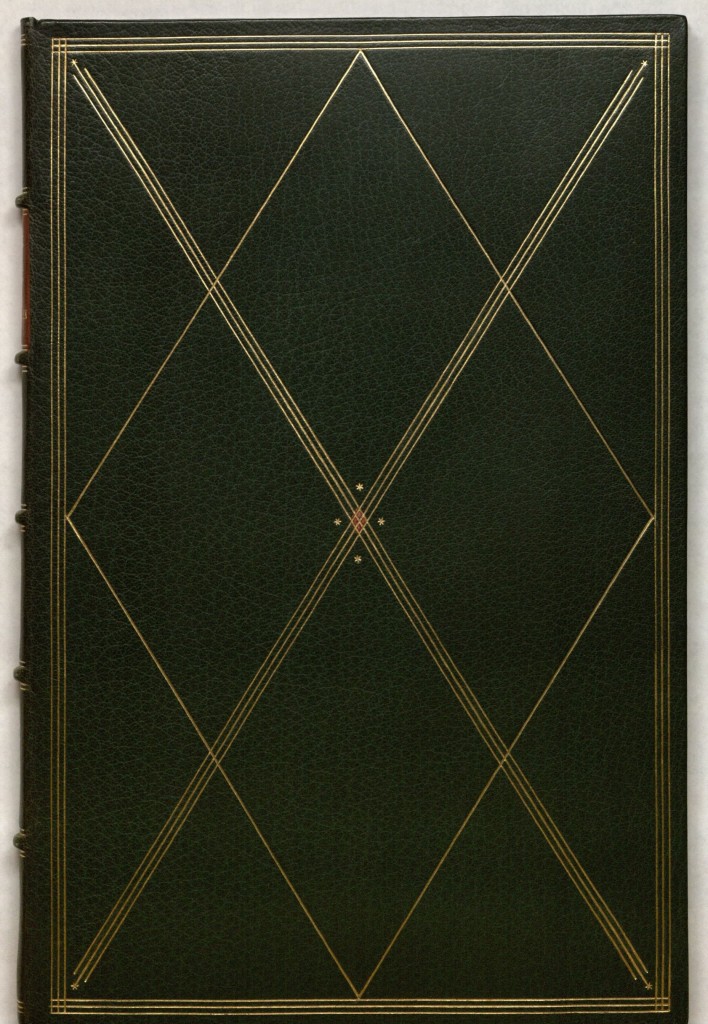

Gartner presents a new translation of Rilke's magnum opus as well as of a selection of ten famous poems from Rilke's collected works. Publisher Description: Duino Elegies are the ten magnificent poems that defined the Austrian poet, Rainer Maria Rilkes artistic vision of life, death, eternity. He stayed alone in the castle for about four months and, on a cold day in January, 1912, when he was contemplating how to answer a business letter that he received, he walked out into the freezing windy morning and, walking along a path by the bastions looking down at the violent waves of the Adriatic a couple of hundred feet below him, he heard someone speak, but when he turned around, he was alone and the voice that he heard spoke the famous opening lines of the First Elegy: "Wer, wenn ich schriee, h rte mich denn aus der Engel/ Ordnungen?" ("Who, if I cried out, would hear me among the Angelic/ Orders?"). Marie von Thurn und Taxis-Hohenlohe invited Rilke to stay at her castle in Duino, on the coast of the Adriatic Sea near Trieste.

Physical Information: 0.15" H x 6" W x 9" (0.23 lbs) 64 pagesĭuino Elegies are the ten magnificent poems that defined the Austrian poet, Rainer Maria Rilke's artistic vision of life, death, eternity, and the human condition.

So did an astonishing sequence of sonnets, fifty-five of them. In early 1922, living in a small tower in Switzerland, suddenly the elegies began again. And here is the remarkable part of the story. His huge writing block continued even after the war. Rilke is unquestionably the twentieth centurys most significant and compelling poet of romantic transformation and spiritual quest. Contributor(s): Rilke, Rainer Maria (Author) The First World War intervened, and all sorts of uncertainties and depressions.


 0 kommentar(er)
0 kommentar(er)
